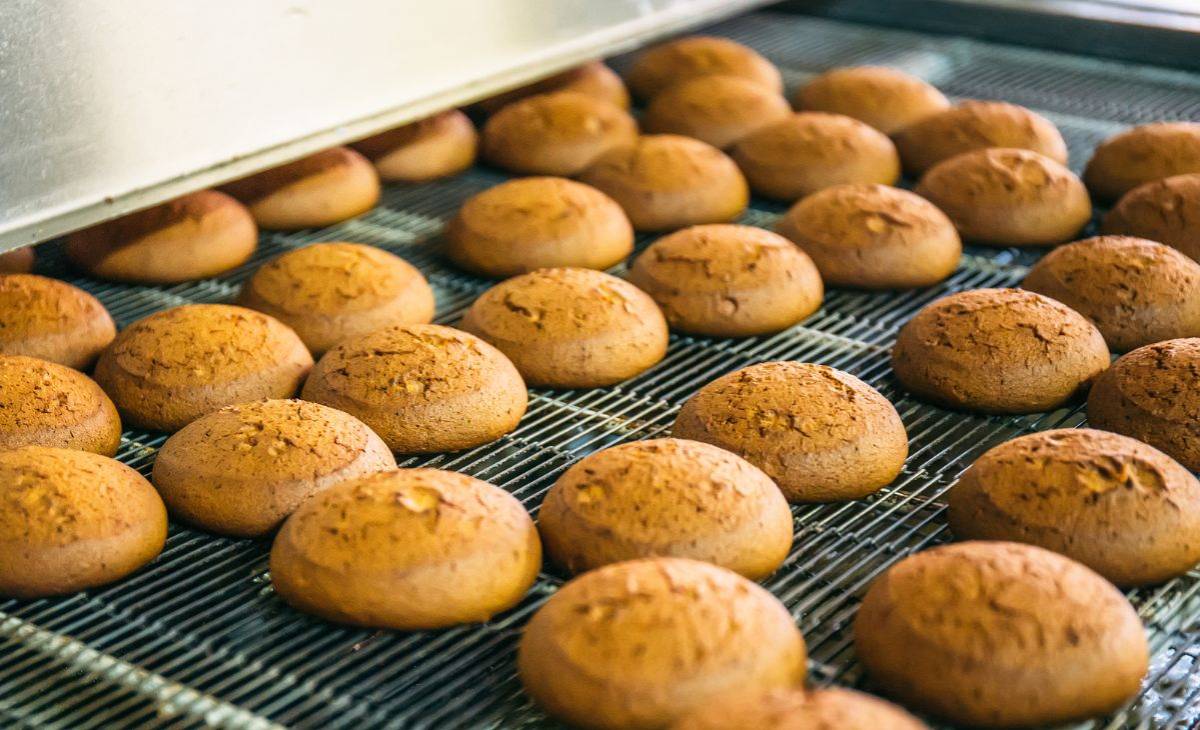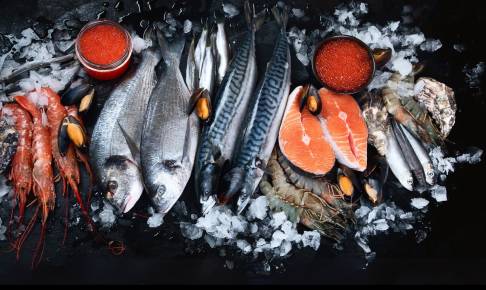Dutch temporary regulation on MOAH in food effective from 2024
The Dutch Food Safety Authority (NVWA) has recently published a new regulation concerning Mineral Oil Aromatic Hydrocarbons (MOAH) in food, which will be enforced starting from January 1, 2024. The regulation is based on the EU Standing Committee on Plants, Animals, Food and Feed (SCoPAFF) declaration on MOAH published last year.
Critics within the food industry have expressed concerns about the perceived generalization and restrictiveness of the Dutch decree. They argue that exceeding the quantification limit for MOAH does not pose a health risk to consumers. However, the NVWA maintains that these measures are necessary to safeguard public health until binding regulations are implemented at the European level.
According to the new Dutch regulation, if the MOAH content exceeds 1 mg/kg (without considering measurement uncertainty) in baby food, baby follow-on food, medical food for babies and infants, or baby food, the NVWA requires the immediate withdrawal of these products from the market.
Similarly, for other food products (excluding infant formula), if the MOAH content surpasses the respective action limit, a measurement uncertainty of 50% is taken into account, favoring the company. If the MOAH content still exceeds the action limit post-deduction of the measurement uncertainty, the NVWA mandates a product recall.
However, there is an exception for food products with a fat content exceeding 50%. In such cases, where the sum of MOAH reaches 2 mg/kg (EU action limit), a product recall is not mandatory. Nevertheless, the NVWA retains the authority to make individual decisions in exceptional cases.
The NVWA decided to refrain from imposing further administrative measures, such as written warnings and fines, until official binding EU limits are in place.
Food business operators are reminded of their obligation under Article 19 of the EU Regulation 178/2002 (ALV) to report any non-compliance with food safety regulations. This includes instances where the EU action level for MOAH (without considering measurement uncertainty) is exceeded. Failure to report such findings promptly or at all will result in enforcement measures following the NVWA's standard intervention policy. In unique situations, such as high MOAH levels in oils or fats, the NVWA will evaluate each case individually and determine the appropriate enforcement strategy accordingly.
The NVWA will periodically review and adjust the enforcement policy based on new information on MOAH toxicity, advancements in analytical methods, and other relevant factors.
Food companies are encouraged to include MOAH in their Hazard Analysis and Critical Control Point (HACCP) plans, considering the potential health risks associated with MOAH as a group of substances suspected to be genotoxic and carcinogenic.
Source:






















